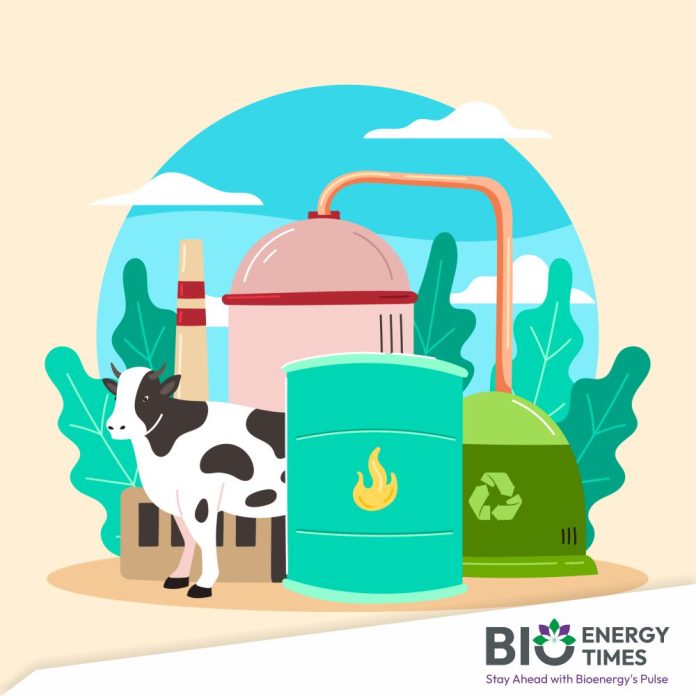Recognizing the negative impact of over-mechanized farms on farmers’ financial well-being, the Government of India, which initially promoted agricultural mechanization for managing crop residue in situ, is now also focusing on ex-situ management of paddy stubble. This year, there is an ambitious plan to utilize over 30 percent of the 19.52 million tonnes of paddy stubble produced.
According to the news report by The Tribune, Biomass power plants, bio-ethanol facilities, thermal power plants, and brick kilns are expected to consume 5.42 million tonnes of paddy straw. However, a standoff between the public, supported by some farmer unions, and compressed biogas plant owners could hinder the use of 0.54 million tonnes of straw intended for biogas production.
Dr. Sarabhjeet Singh Sooch, Principal Scientist in Renewable Energy Engineering at Punjab Agricultural University (PAU), noted that the university has developed biogas plants that utilize stubble without adverse effects. These plants operate with 75 percent stubble and 25 percent cow dung, presenting a potential solution to the problem of paddy straw burning without using chemicals or releasing slurry.
With the state generating over 19 million tonnes of paddy straw, the establishment of Compressed Biogas (CBG) plants aims to address stubble burning and provide additional income for farmers. Plans include setting up 39 CBG plants in the state, with hopes of making seven operational before the paddy harvesting season this year.
Protests have arisen based on concerns that chemicals released during biogas production are carcinogenic, although there is no scientific evidence to support this claim. Demonstrations are occurring outside biogas facilities in Jalandhar and Hoshiarpur, as well as four plants in Ludhiana, where operations at one plant in Ghungrali Rajputan were forced to cease.
Effective management of paddy straw is crucial given the health risks associated with it. Last year, Ludhiana experienced 1,801 farm fires, resulting in an average air quality index (AQI) of 306 by November 4.
To read more about Biogas Industry News, continue reading BioEnergyTimes.com















